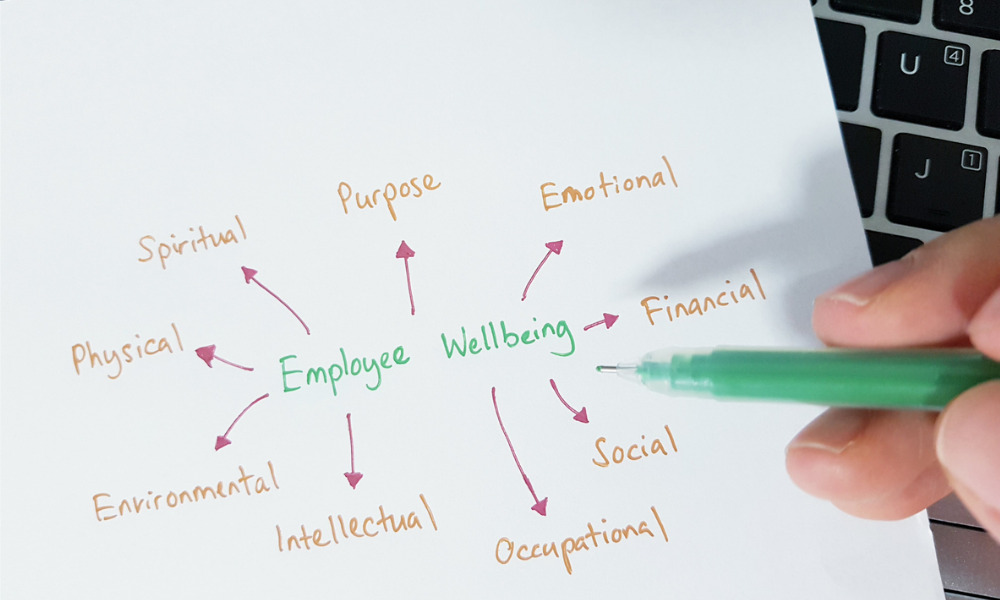Significant proportion of entrepreneurs surveyed report personal challenges even as they consider workers' wellbeing

The epidemic has had a profound impact on small business owners after two years of rolling lockdowns and business restrictions – and it’s not just themselves they’re worried about.
According to the Canadian Federation of Independent Business (CFIB) and Nexim Canada's (PrimaSure) latest report, Near the Breaking Point: Mental Health in Small Business, half of small business owners (50%) are having difficulty coping with mental health challenges.
These findings reveal the realities of small company owners' pressures during the pandemic, including managing their employees' mental health requirements, staffing issues, reduced customer spending, paying bills, mounting debt, and other concerns.
As Corinne Pohlmann, Senior Vice-President of National Affairs at CFIB, said, "Owning and operating a business can be a very challenging and exhausting job. Business owners who are still struggling to reopen fully or return to normal revenues tend to be closest to burning out."
“In addition, business owners are struggling to take care of themselves while looking after their staff. There are limited mental health and wellness programs and initiatives aimed at smaller businesses, making it harder for them to access resources that might help," she stated.
According to the CFIB's findings, two-thirds of small business owners (66%) are on the verge of burning out. But employers aren't the only ones affected by the pandemic.
Employee mental health concerns have also grown over the course of the pandemic, with more businesses aware that some of their employees are dealing with mental health issues this year compared to 2020 (54% and 35%, respectively).
Only one-third of business owners (37%) are accessing mental health information for their employees, and even less (27%) are seeking help for themselves, according to research.
"The stress and struggles of the pandemic have hurt business owners' capacity to take on those support roles for their employees," Pohlmann added. "Small businesses don't have dedicated human resources support and, when the owner is already under an extreme amount of stress themselves, it is not surprising that they feel less prepared to support their employees' mental health."
While there is no one-size-fits-all answer for dealing with mental health difficulties at work, some suggestions and tactics that employers and employees can use include having an open conversation about mental health in the workplace, getting to know one's coworkers, and proactively seeking treatment; setting a good example of work/life balance that meets the demands of the company; and considering cost-effective initiatives and services.
All levels of government and the mental health sector should work together to support small businesses that seek to strengthen and improve mental health conditions in their workplaces, according to the CFIB.
"Although small businesses may not always have the same resources as larger companies, working for a small firm has its own advantages. Being a part of a close-knit team allows small business owners to be more comfortable discussing mental health issues in the workplace," Pohlmann concluded. "Giving them the tools to do that effectively can make it easier for owners to support themselves and their employees."



